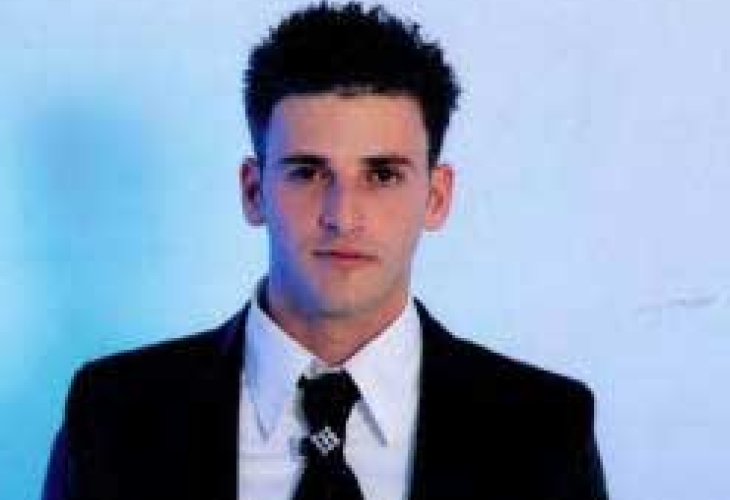Jewish Law
Eating on Shabbat: What’s Obligatory, What’s Optional, and What’s Meaningful
A clear guide to the laws—and the spirit—of eating on Shabbat.
- |Updated

Do you need to eat meat and drink wine to honor Shabbat? What if you're full before the main course, or prefer dairy food? Explore the deeper reasons behind the halachot of both Shabbat and Yom Tov.
Is There an Obligation to Eat Meat on Shabbat?
According to the Shulchan Aruch[1]
Nonetheless, it is still recommended to include either fish or meat during least one meal, as these foods are traditionally associated with festivity. If someone finds it hard to eat both fish and meat, he should simply choose what brings the most enjoyment. Halachah does not require forcing oneself to eat meat.
On Jewish festivals (Yomim Tovim), the rules shift slightly. On Yom Tov, aside from the mitzvah of oneg, there is also a mitzvah of simchah—rejoicing. The Talmud states that simchah is expressed via meat and wine, and therefore one should preferably eat meat at the Yom Tov meals.
Already Full? You’re Not Required to Keep Eating
If someone eats fish and salads for the first course of a Shabbat meal and then feels too satiated to eat the meat course, must he keep eating to honor Shabbat?
Based on what was stated above, it is clear that eating when one is already full bears no relation to delighting in Shabbat, and one is certainly not required to eat beyond satiety. In fact, the Torah frowns upon eating when one is already full.
When Should You Eat the Shabbat Day Meal?
The halachah requires us to eat (at least) three meals on Shabbat. According to Rambam (Maimonides), one should eat the first meal on Shabbat evening (Friday night), another on Shabbat morning, and the third on Shabbat afternoon. Therefore, some halachic authorities recommend eating the second Shabbat meal before chatzot (halachic midday).
Nonetheless, other halachic authorities, including the Mishnah Berurah, permit eating the second meal later in the day, as long as one eats something small either before the morning prayers or at a Kiddush after prayers. The reason for this is that fasting is forbidden on Shabbat, and fasting until chatzot is considered a partial fast.
Four Halachic Issues That May Arise at the Shabbat Table
1. Can I Serve Food to Someone Who Doesn’t Recite Blessings?
According to the Shulchan Aruch, one may only serve food or drink to those who recite brachot (blessings). However, in cases where refraining from offering refreshment to such a person would result in unpleasantness and create a negative impression of the Torah, one should proceed with caution.
If possible, one should gently ask the person to recite a brachah. If they refuse for whatever reason, another option is for the host to himself take a piece of the food (or drink) concerned and recite the brachah aloud, with the intention that the guest should passively fulfill his obligation thereby.
2. Can Someone Who Doesn’t Observe Shabbat Join a Zimun?
When three or more adult men eat a bread-based meal together, they form what is referred to as a zimun (invitation) and recite a special introduction to the Birkat Hamazon (Grace after Meals) in which one person invites the others to recite with him the post-meal brachot.
There is a dispute among the halachic authorities regarding how non-observant Jews are related to in such instances. In general, someone who openly violates Shabbat should not be counted and therefore, if there are only two other men present with him, no zimun is recited.
However, if the person grew up without the benefit of a Jewish education (what is referred to as a tinok shenishba—a child who was kidnapped), many halachic authorities allow them to be counted among the zimun (although they should not be honored with leading it).
As in all other areas of halachah, displaying sensitivity matters: the goal is to welcome, not to alienate.
3. Pronouncing Hashem’s Name in Shabbat Songs
Many of the Shabbat zemirot (songs) include Hashem’s Name. Many people have the custom of pronouncing it as “Hashem” rather than how it is pronounced during prayers, and this is certainly advisable in cases where the songs are sometimes interrupted with conversation.
If someone knows that he sings the special songs with true kavanah (intent) and will not interrupt from start to finish, he may pronounce Hashem’s Name as during prayer.
4. Laws Applicable to the Third Shabbat Meal
The third Shabbat meal should preferably be eaten at least half an hour after chatzot, and ideally, after praying Minchah (the afternoon prayer).
If one eats this third meal (often referred to as Seudah Shelishit—literally, “third meal”) close to evening, it is usually forbidden to clear the table after the meal is over and before concluding Shabbat, as one is not allowed to make preparations for the weekday on Shabbat.
However, if the people eating want to continue sitting at the table to study or otherwise use the time productively after concluding the meal, they may clear the table for their own comfort.
What Really Matters at the Shabbat Table?
Oneg Shabbat doesn’t have a one-size-fits-all formula. Whether your meal is dairy or meat, early or late, formal or simple, the point is to bring peace, joy, and connection into your home.
Shabbat meals aren’t just about the food — they’re about creating a sacred rhythm in time. If you’re new to Jewish observance, know that halachah doesn’t demand conformity. It invites intention, and what matters most is that your table reflects the spirit of Shabbat.
[1] Shulchan Aruch: The Code of Jewish Law, compiled by Rabbi Yosef Karo, a leading Torah authority of the 15th century. It is considered the authoritative source of halachah for most Sephardi Jews.
[2] Mishnah Berurah: A compendium of halachic rulings, compiled by Rabbi Yisrael Meir Kagan (the Chofetz Chaim), which is considered the authoritative source of halachah for most Ashkenazi Jews.

